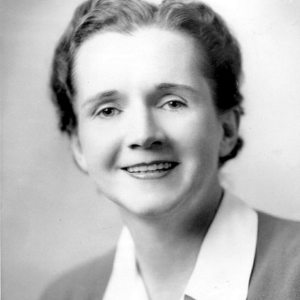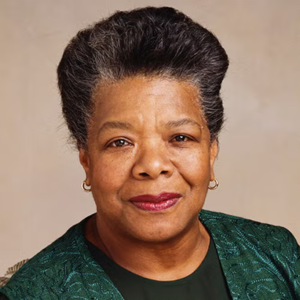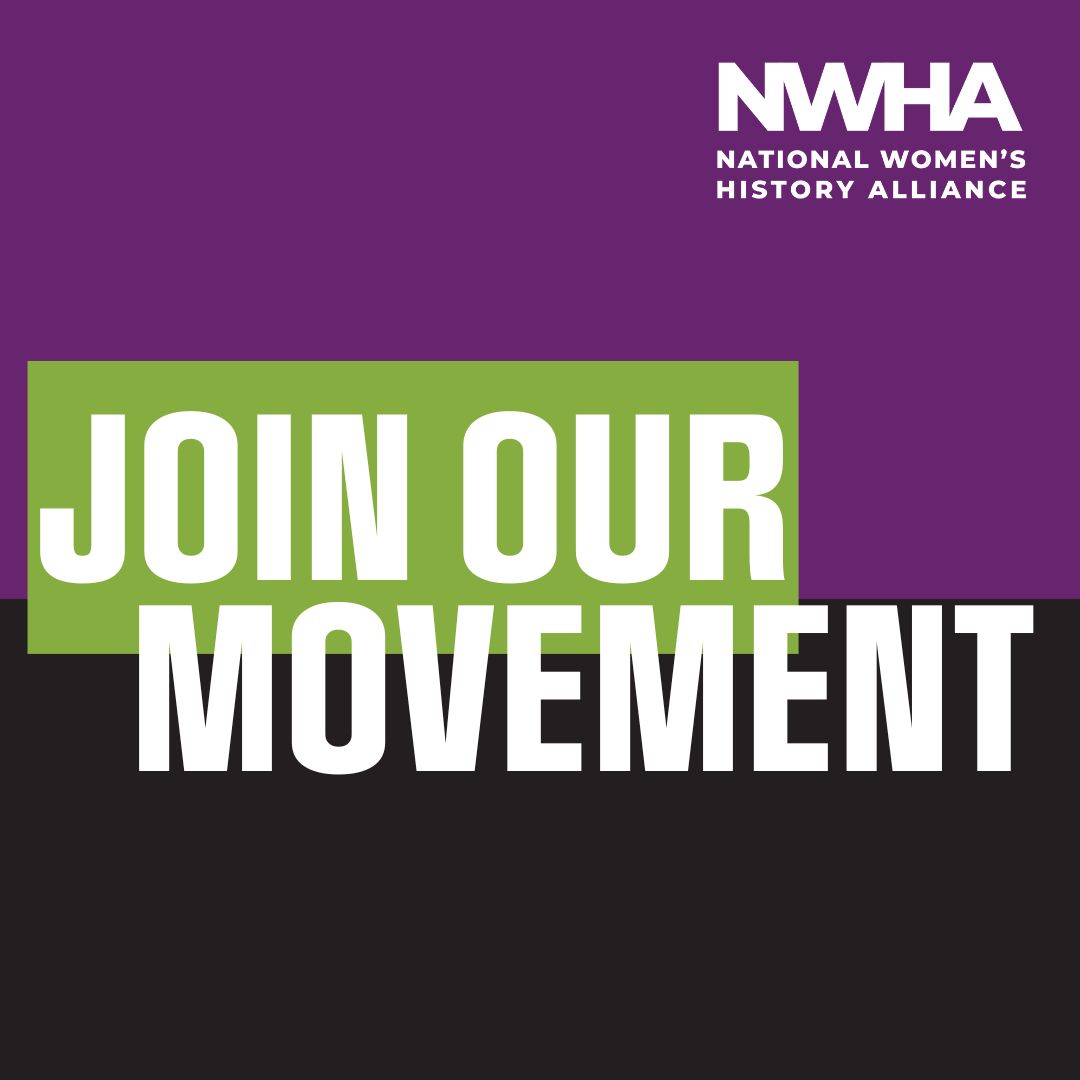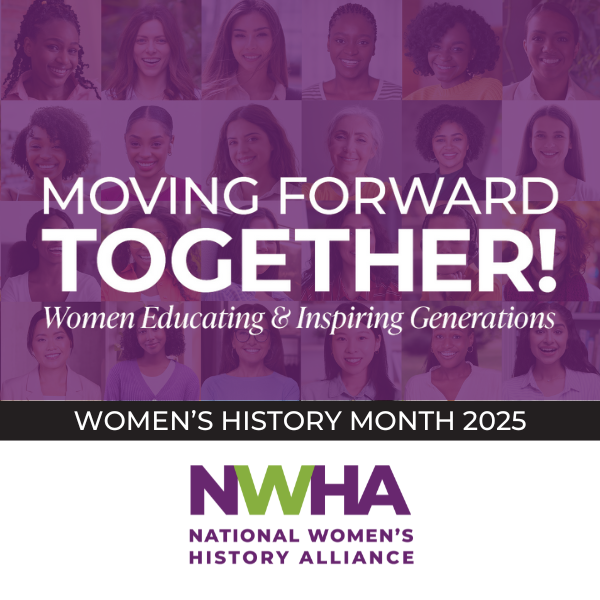OUR HISTORY IS OUR STRENGTH
Our Mission: The National Women’s History Alliance (NWHA), formerly the National Women’s History Project, is a leader in promoting women’s history and is committed to the goals of education, empowerment, equality, and inclusion.
NWHA is a non-profit, 501(c)(3) organization dedicated to promoting and preserving the history of women’s contributions to society. We are a non-partisan organization committed to educating and empowering individuals through inclusive and diverse perspectives on women’s history.
WOMEN’S HISTORY
THEME
PRODUCTS
“When we began our work 45 years ago, the greatest obstacle to women’s history was lack of information. Today, the challenge is more dangerous – women’s history is seen as powerful, and with that power comes fear, resistance, and distortion.”
-Molly Murphy MacGregor, NWHA co-founder & former executive director
Women’s History Is Important - Now More Than Ever.

The National Women’s History Alliance (NWHA) was founded on the belief that women’s stories must be told, celebrated, and preserved – not just in March, but every day of the year. For over four decades, NWHA has led the national movement to ensure women’s history is woven into the fabric of our country’s narrative. Today, that mission is more urgent than ever.
At a time when women’s studies programs are being dismantled and educational spaces are retreating from teaching inclusive history, we take a firm and unwavering stand: We will not allow women’s history to be silenced. The erasure of women’s contributions – especially those of Black, Indigenous, Latina, Asian American, LGBTQ+, and disabled women – harms not only our understanding of the past but our ability to shape a just and equitable future.
History is not complete unless it includes all voices. Women’s stories are American stories. And they must be told – in classrooms, on bookshelves, in films, through art, and across all generations.
NWHA remains committed to amplifying the voices of women who have shaped, led, resisted, and reimagined our world. We will continue to equip educators, families, communities, and institutions with the tools they need to teach women’s history boldly and truthfully.
Our 2025 theme, “Moving Forward Together! Women Educating & Inspiring Generations,” reflects not only the legacy of women’s impact but our collective responsibility to keep their stories alive – especially when they are under threat.
Now is the time to take action. Join us in preserving women’s history and defending its rightful place in our cultural and educational landscape. Become a member, book a speaker, support our magazine, or bring women’s history to your school or organization.
Because remembering is an act of resistance. And our history is our strength.
This Month in Women’s History: April Highlights
NEW PROGRAMMING
Reflect on the past. Connect in the present. Rise for the future.
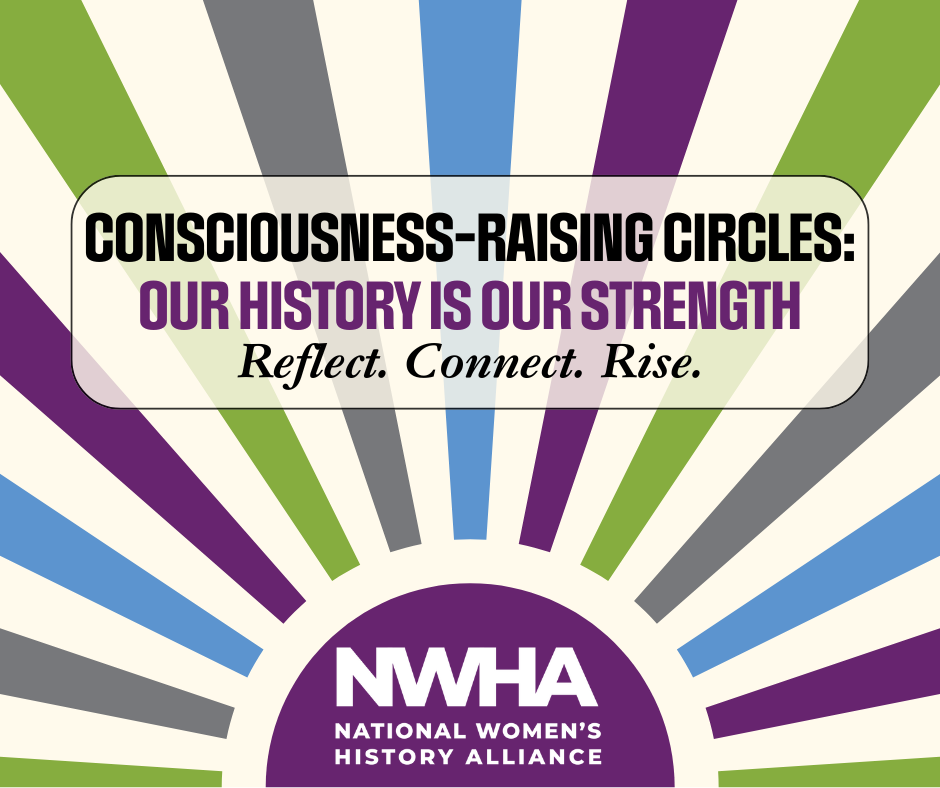
Inspired by the powerful consciousness-raising circles of the 1970s, these modern gatherings offer space for connection, storytelling, and collective reflection – reimagined for the challenges and possibilities of today. Each weekly session is a space to share stories, explore women’s history, build community, and spark activism.
Designed as a flexible experience, participants are welcome to attend one, several, or all eight sessions. Each circle can stand alone, offering a unique theme and experience, while also weaving into a powerful collective thread of connection, history, and action.
Sessions include grounding practices, a historical prompt, guided discussion, and a closing call to action – empowering attendees to reflect, engage, and rise together.
Session 1: The Power of the Circle: Then and Now
Explore the history of consciousness-raising circles and why they matter today.
7:00 PM ET | 6:00 PM CT | 4:00 PM PT
7:00 PM ET | 6:00 PM CT | 4:00 PM PT (Closed)
8:30 PM ET | 7:30 PM CT | 5:30 PM PT
Session 2: Visibility & Voice: What’s Missing in Our Stories?
Discuss what women’s stories have been excluded or erased – and why.
7:00 PM ET | 6:00 PM CT | 4:00 PM PT
7:00 PM ET | 6:00 PM CT | 4:00 PM PT (Closed)
8:30 PM ET | 7:30 PM CT | 5:30 PM PT
Session 3: Personal is Political: Sharing Our Histories
Connect personal experience to larger systems and movements.
7:00 PM ET | 6:00 PM CT | 4:00 PM PT
7:00 PM ET | 6:00 PM CT | 4:00 PM PT (Closed)
8:30 PM ET | 7:30 PM CT | 5:30 PM PT
Session 4: Women in Action: Activism Across Time
Explore what activism has looked like across generations.
7:00 PM ET | 6:00 PM CT | 4:00 PM PT
7:00 PM ET | 6:00 PM CT | 4:00 PM PT (Closed)
8:30 PM ET | 7:30 PM CT | 5:30 PM PT
Session 5: Race, Identity & Intersectionality in Women’s History
Reflect on how different identities shape our understanding of history and activism.
7:00 PM ET | 6:00 PM CT | 4:00 PM PT
7:00 PM ET | 6:00 PM CT | 4:00 PM PT (Closed)
8:30 PM ET | 7:30 PM CT | 5:30 PM PT
Session 6: Allyship, Accountability & Collective Power
Examine how we support one another, show up, and grow together.
7:00 PM ET | 6:00 PM CT | 4:00 PM PT
7:00 PM ET | 6:00 PM CT | 4:00 PM PT (Closed)
8:30 PM ET | 7:30 PM CT | 5:30 PM PT
Session 7: From Reflection to Action: What’s Next?
Dreaming and brainstorming real-world ways to make change.
7:00 PM ET | 6:00 PM CT | 4:00 PM PT
7:00 PM ET | 6:00 PM CT | 4:00 PM PT (Closed)
8:30 PM ET | 7:30 PM CT | 5:30 PM PT
Session 8: Legacy & Leadership: Moving Forward Together
Final reflections and celebration of community built in the circle.
7:00 PM ET | 6:00 PM CT | 4:00 PM PT
7:00 PM ET | 6:00 PM CT | 4:00 PM PT (Closed)
8:30 PM ET | 7:30 PM CT | 5:30 PM PT
Please note:
This program is limited to 20 participants to maintain an intimate and engaging space. Once you register, your spot is not confirmed until you receive an official Zoom confirmation email.
The first 20 registrants will be approved. All others will be added to our waitlist and notified if space becomes available.
Apply to Join NWHA’s Board of Directors
The National Women’s History Alliance (NWHA) is seeking passionate and dedicated individuals to join our Board of Directors. This is a unique opportunity to help shape the future of women’s history, advocacy, and education.
We are now accepting applications for board members who are committed to advancing our mission and making a meaningful impact. If you are a leader who believes in the power of history to inspire change, we invite you to apply.
Application Deadline: April 30, 2025
Apply HERE today and be a part of the movement to ensure women’s history is recognized and celebrated!
2025 Women's History Month Theme
For 2025, the National Women’s History Alliance (NWHA) proudly presents the theme “Moving Forward Together! Women Educating & Inspiring Generations.”
Discover how the 2025 theme celebrates the powerful influence of women who have dedicated their lives to education, mentorship, and leadership. This flyer highlights the significance of these contributions, the role of women in shaping society, and the goals of honoring, inspiring, educating, and uniting communities. Download the flyer to learn more about how you can engage with and promote this important theme in your own work and community efforts.
Download the NWHA 2025 Theme.
Unlock the power of women’s history with our comprehensive Women’s History Toolkit! Designed for educators, community leaders, and history enthusiasts, this toolkit provides everything you need to celebrate and educate about the vital contributions of women. From ready-to-use lesson plans and discussion guides to inspiring stories and historical resources, our toolkit is your go-to resource for bringing women’s history to life in your classroom, organization, or community event.
Download your Women’s History Toolkit 2025.
Download your sample Women’s History Month proclamation HERE.
“Women’s history is women’s right—an essential, indispensable heritage from which we can draw pride, comfort, courage, and long-range vision.”
CONTACT US
NWHA
Mailing Address:
PO Box 469, Santa Rosa, CA 95402
Phone: (707) 636-2888
*Southern Pomo and Coast Miwok land
We acknowledge that the land in Santa Rosa, CA, is the traditional, ancestral territory of the Southern Pomo and Coast Miwok peoples, who have stewarded it for thousands of years.

